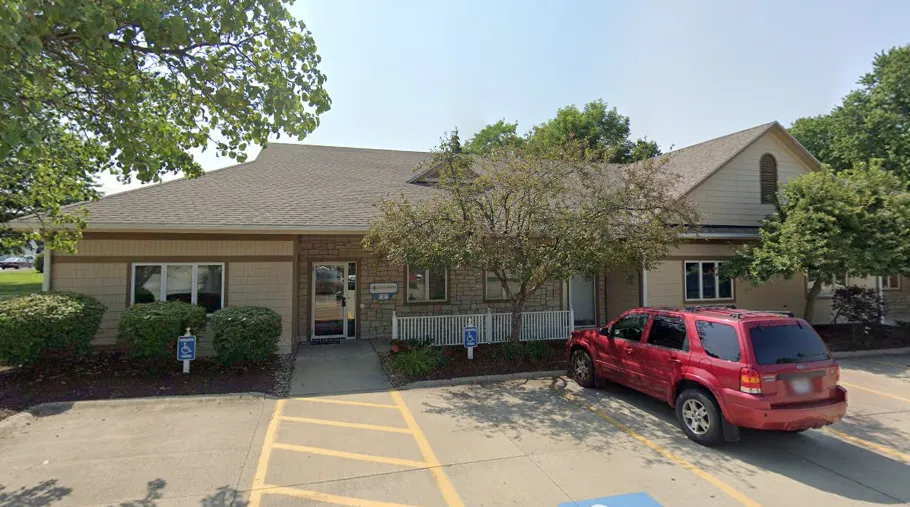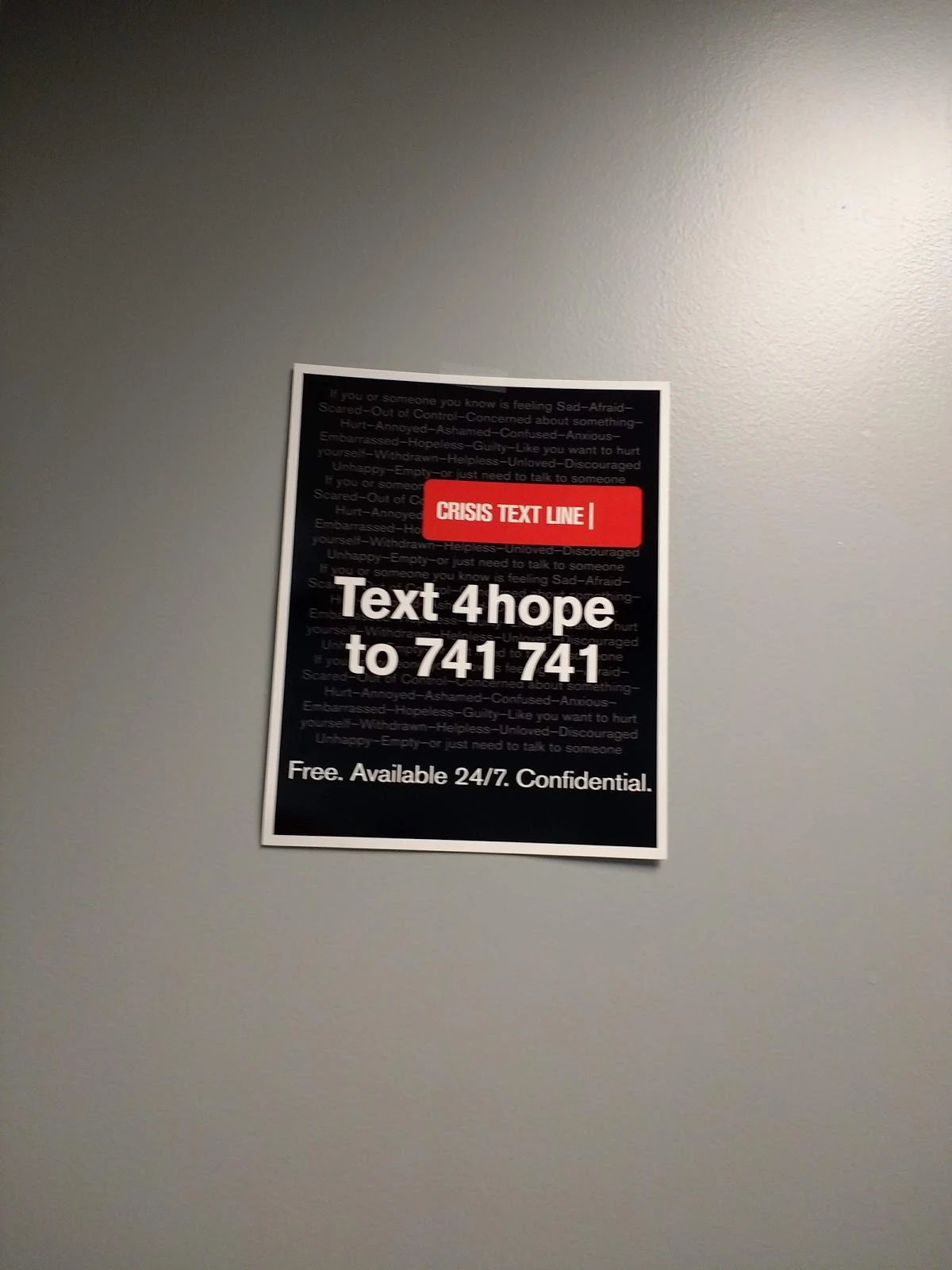OhioGuidestone Information
Treatment
Who We Treat
- Children
- Teens / Adolescents
- Young Adults (18–25)
- Adults
- Seniors/Older Adults
- Adolescents
- Older Adults
- Male and Female
Approaches
- Family Therapy
- Cognitive Behavioral Therapy (CBT)
- 1-on-1 Counseling
- Online Therapy
- Life Skills Training
Conditions We Treat
- Co-Occurring Disorders
Languages
- English
Aftercare
- Outpatient Treatment
- Support Meetings
Level of Care
- Outpatient
Experience
Smoking and Vaping Policy
- Smoking Allowed in Designated Areas
- Vaping Allowed in Designated Areas
Accreditations
-
Commission on Accreditation of Rehabilitation Facilities (CARF)
Established in 1966, the non-profit organization known as the Commission on Accreditation of Rehabilitation Facilities (CARF) has a dedicated focus on accrediting rehabilitation organizations. CARF's primary mission is to assist service providers, particularly rehabilitation facilities, in upholding and promoting the highest standards of care.

Additional Locations
OhioGuidestone Accepts The Following Insurance Plans
Find the best treatment options. Call our free and confidential helpline today!




